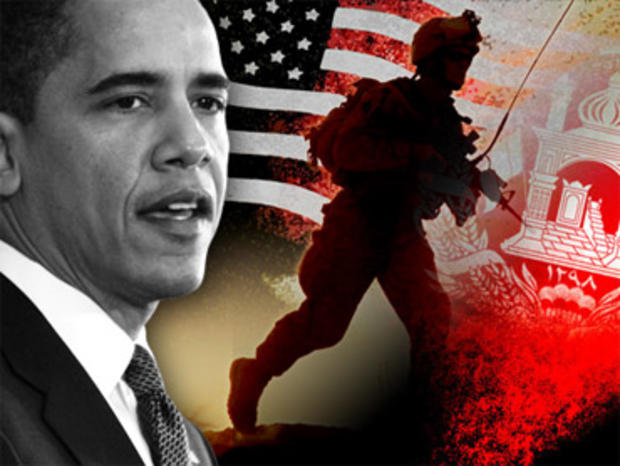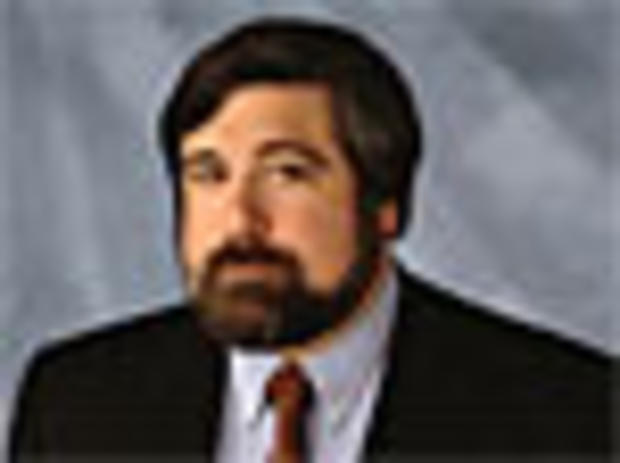Bob Woodward Potrayal of Obama Pleases White House
The new Bob Woodward book portrays President Obama as hard-nosed and demanding in the process of drafting a new U.S. military strategy in Afghanistan last year. And senior White House officials seem pleased by the portrait.
"I think the book portrays a thoughtful, vigorous policy process that led us to a strategy to get us the best chance of achieving our objectives and goals in Afghanistan," said White House spokesman Robert Gibbs.
In an exchange with reporters on Air Force One as Mr. Obama flew to New York for two-and-a-half days of diplomacy at the United Nations, Gibbs said he hopes people read the book for themselves, as he said he did last night.
Gibbs said Mr. Obama came into office facing an Afghanistan policy that was "neglected for seven years and badly under-resourced." Gibbs said the president tried to shepherd a process "that was thoughtful and deliberative."
In drafting the Afghanistan strategy that Mr. Obama unveiled in an address to the nation from the U.S. Military Academy at West Point on December 1, 2009, Gibbs says Mr. Obama felt strongly it was in the national interest that the U.S. not become involved in something in Afghanistan "that was unlimited or open-ended."
"If we're going to get into something like Afghanistan," said Gibbs, "we better have figured out how we were going to get out of Afghanistan."
He didn't dispute Woodward's portrayal that Mr. Obama wanted to get additional troops into Afghanistan more quickly, so they could start to be withdrawn more quickly next summer.
"As your Commander-in-Chief, I owe you a mission that is clearly defined and worthy of your service," Mr. Obama told West Point cadets last year about his Afghanistan strategy.
The president said his review of Afghanistan policy allowed him to "ask the hard questions...explore all the different options":
"This review is now complete. And as Commander-in-Chief, I have determined that it is in our vital national interest to send an additional 30,000 U.S. troops to Afghanistan. After 18 months, our troops will begin to come home. These are the resources that we need to seize the initiative, while building the Afghan capacity that can allow for a responsible transition of our forces out of Afghanistan."
Gibbs denied that Mr. Obama considered political factors in his strategy. He said the president was "not making a political argument, but an argument in our national interest."
Yet some critics question the president's commitment to U.S. national security because of something he said about the threat of terrorism originating in Afghanistan.
"We can absorb a terrorist attack," Mr. Obama is quoted as telling Woodward in an interview for the book. "We'll do everything we can to prevent it, but even a 9/11 - even the biggest attack ever...we absorbed it and we are stronger."
But Liz Cheney, daughter of the former vice president and chairman of the national security watchdog group "Keep America Safe," decries Mr. Obama's remarks.
"Once again the President seems unwilling or unable to do what it takes to keep this nation safe," said Cheney in a written statement. She said Mr. Obama "owes the American people an explanation."
Gibbs, again urging those concerned to read the book for themselves, told reporters that Mr. Obama's principle objective in Afghanistan is to disrupt and dismantle al-Qaeda and its allies so as to prevent any more terrorist attacks.


